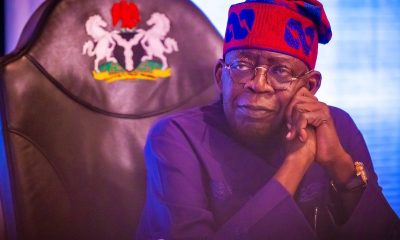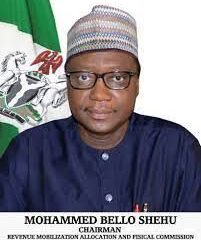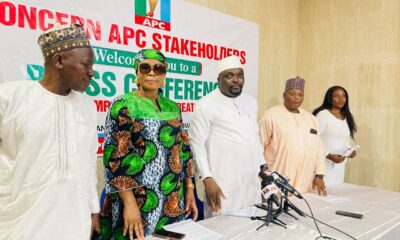Editorial
Coups across Africa: Good leadership as an antidote

By Dr Moses George
It is no longer news that President Ali Bongo Ondimba whose family has ruled Gabon for 55 years has just been overthrown by his country’s military. The ousted president was first elected in 2009 following the death of his father Omar Bongo who had ruled for over four decades. Omar Bongo was reputed to have amassed a fortune during his time as president of the central African nation of 2.3 million people.
The recent coup in Gabon has brought about the emergence of General Brice Clotaire Oligui Nguema, chief of the Republican Guard and cousin of the ousted president as transitional head of state. This coup is the latest in a string of military takeovers that have taken place in recent years across Africa and just a month after soldiers took control in Niger.
So far, a total of 7 countries in Africa have experienced coups by military juntas recently. Nations that have recently experienced coups include Guinea Bissau, Guinea, Mali, Chad, Sudan, Niger, Burkina Faso and Gabon. There was once an attempt to overthrow Guinea Bissau’s current president, Umaro Sissoco Embaló, on 1 February 2022, but it was foiled.
Statistics has revealed that out of about 242 successful military coups that have occurred globally since 1950, Africa accounts for the largest number with 106 coup attempts. Corruption, poverty and bad leadership have been identified as common catalysts for military takeovers across the continent. As long as these hydra headed monsters are not uprooted, it is most likely that more countries would experience coups.
After independence, Nigeria earned a reputation for military coups (January 1966, July 1966, 1975, 1976, 1983, August 1985, December 1985, 1990, 1993). Nine coups were staged in Nigeria between January 1966 and 1993 when Gen Sani Abacha took over as head of state. The first coup began as a mutiny on 28 July 1966. That coup which took place on 25 January 1966 was largely a reaction to the killings of some northern politicians and officers by soldiers mostly of eastern Nigeria extraction. Various reasons were given by the military for subsequent coups that happened in Nigeria. From 1993 the country has experienced smooth transition from one government to another through democratic elections.
Institutional, political, economic and social crisis across Africa has become a breeding ground for coups. Even though democracy is the best form of government ever known to man, it has apparently not been able to meet the basic expectations of the people across Africa. Democracy across Africa has failed to provide equilateral value. It has failed to yield much dividends to the people; otherwise, the people would have defended it by resisting military incursions, even with their blood. Why should people come out in large numbers as a mark of support and solidarity each time there is a military takeover? What does it connote when the masses came out in Niger republic and were jubilating as news broke out that President Mohammed Bazoum’s government has been toppled?
We must acknowledge the fact that a coup does not just happen in a vacum. For it to happen, an atmosphere usually caused by leadership failure must exist. While there is no justification for coups, recent ousted presidents are known to have created conditions for such takeovers. They were known to have neglected their responsibilities and have become corrupt, selfish and unresponsive to the plights of the people who elected them. Most of them have become puppets serving the interests of foreign imperialist powers.
With these recent happenings, leaders across Africa must realize that military coups are outcomes of their failure to provide good leadership. They must come to terms with the fact that the best remedy for obliterating coups from Africa’s political settings is to provide good governance.
They must put in more effort to liberate the poor masses from the shackles of poverty. They must work diligently to ensure the emergence of an open society where democratic governance works for the interest and benefit of the majority of the people and not for a few privileged self-centered and corrupt minorities. African leaders must have a change of mindset and come to the realization that democracy is not about them; but about the well-being of the people. ECOWAS, AU and other similar organizations should stop chasing shadows and face the facts.


















